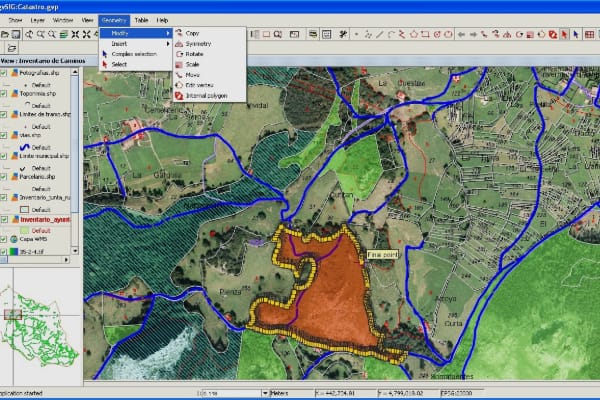Visceral Leishmaniasis (VL) is an infectious disease predominantly transmitted by the sandfly. 90% of the cases of VL in the world occur in Brazil, Ethiopia, South Sudan, Sudan, India, Nepal, and Bangladesh. In 2005, the WHO South East Asia Region, responding to increasing incidences of VL in the Indian subcontinent, initiated a VL elimination program within India, Bangladesh, and Nepal. The aim was to reduce the incidence of VL to <1 case per 10,000 cases in districts/subdistricts within the three countries by 2015. Since then, the goalposts have shifted from 2015 to 2017 and, now, to 2020. Nepal and Bangladesh have traveled much further on the road to elimination than India has, Nepal having sustained the elimination target in the 12 once-endemic districts since 2012. In 2016, Bangladesh reached the elimination target in 99% of its endemic subdistricts (upazilas). Lagging closely behind, India has reached the elimination target in 85% of endemic subdistricts. The aim of this literature review predominantly on the national guidelines of VL elimination/control in the three countries as well as some research articles on the same is to compare the program in India with Bangladesh and Nepal, to identify similarities and differences between the programs, and to extrapolate data to see how India can learn from Bangladesh and Nepal to hasten its pace towards elimination of VL.









